Sodium Silicate
Sodium silicate, also known as waterglass is available as a high viscocity and density 140Tw (~54% concentration) and low viscocity and density 75Tw (~36% concentration).Buy Sodium Silicate
75Tw (Low viscocity)
| Volume | Cost | Quantity | |
| 500ml | £7.53 | ||
| 1 litre | £9.36 | ||
| 5 litre | £29.73 |
140Tw (High viscocity)
| Volume | Cost | Quantity | |
| 500ml | £9.86 | ||
| 1 litre | £12.15 | ||
| 5 litre | £36.95 |
Sodium silicate, commonly known as waterglass, is available in two varieties, catering to a wide spectrum of applications. The 75Tw sodium silicate variant is characterized by a lower viscosity, with a concentration ranging from 35% to 37%. It possesses a density of approximately 1.36 (+/- 0.015) and a Twaddle value of 75. This variety is an excellent choice for applications where a less viscous sodium silicate is desired. Our 140Tw sodium silicate variant boasts a high viscosity, with a concentration between 52.5% and 54.5%. It exhibits a density of around 1.686 (+/- 0.015) and a Twaddle value of 140, making it a highly concentrated and dense solution. This product is ideal for applications that demand the exceptional binding and adhesive properties of a high-viscosity sodium silicate.
Applications
Sodium Silicate, also called waterglass, has a very wide range of applications, including an adhesive or binder, especially in high temperature environments. Below are some examples:
Adhesive and Binding agent:– Sodium silicate is widely used as a binding and adhesive agent in various industries, including paper manufacturing, construction, and foundry work. Its ability to form strong, heat-resistant bonds makes it valuable in bonding materials such as paper, cardboard, and concrete. Sodium silicate can be used with calcium chloride to treat cardboard mortars using the method in this link.
Preserving eggs: – Sodium silicate (waterglass) solutions are used to preserve fresh eggs by sealing the pores in the shell, keeping bacteria out and water in. Water glass should be diluted to 10% concentration (1 litre of 75Tw will make up 3.6 litres of 10% solution). Half fill the container with the 10% waterglass and then add eggs. 3.6 litres of 10% solution will be enough to preserve about 200 eggs.
Wart removal on cattle: – 140Tw Sodium silicate (waterglass) is used for wart treatment on livestock.
Detergents and Soaps: Sodium silicate is a key ingredient in the formulation of detergents and soaps. Its alkaline properties make it effective in removing dirt, grease, and stains from a variety of surfaces, including dishes and clothing.
Ceramics: - Deflocculant used in bone china casting slips, this can be used in conjunction with Soda ash (Sodium Carbonate) to help the slip not be as thixotropic. It is also commonly used for the 'Crackle' effect in ceramics.
Also Sodium Silicate is a component of most exhaust repair puttys.
Specifications
| Type: | 75Tw | 140Tw |
| Concentration: | 35 - 37% | 52.5 - 54.5% |
| Density (sg): | 1.36 (+/- 0.015) | 1.686 (+/- 0.015) |
| Twaddle: | 75 | 140 |
| Viscocity (Centipoise): | 100 | 90,000 |
| Viscocity (Similar to): | SAE 10 Motor Oil | Mustard |
| Formula: | Na2O(SiO2)3.0 | Na2O(SiO2)2.05 |
(Typical values)
Safety


Irritating to the skin. Risk of serious damage to eyes.
Keep out of reach of children. In case of contact with eyes rinse immediately with plenty of water and seek medical advice. Wear suitable gloves. Wear eye and face protection.

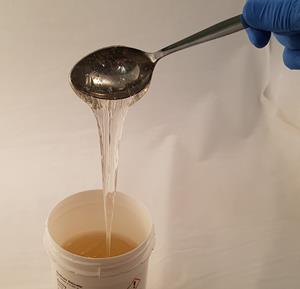
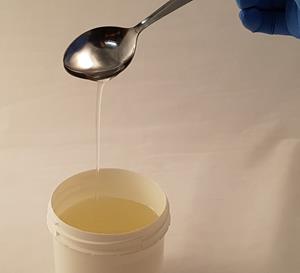
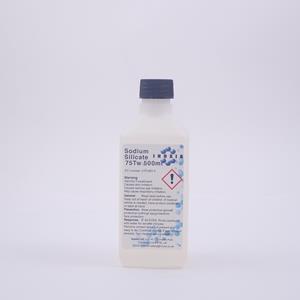
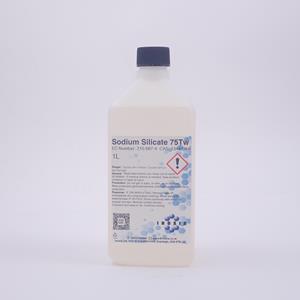
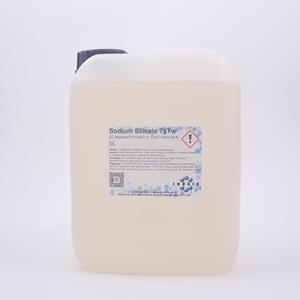
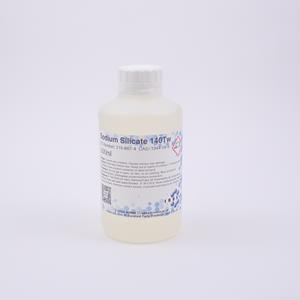
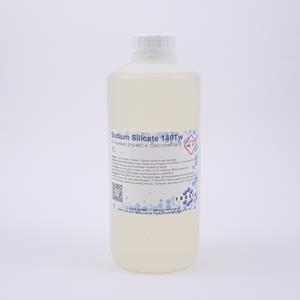
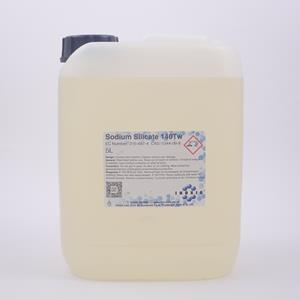
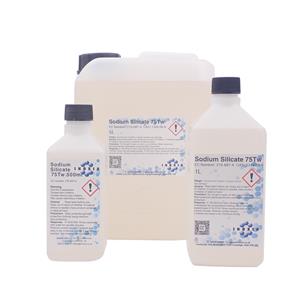
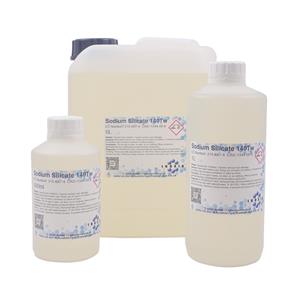










 Facebook
Facebook Twitter
Twitter Google+
Google+ LinkedIn
LinkedIn